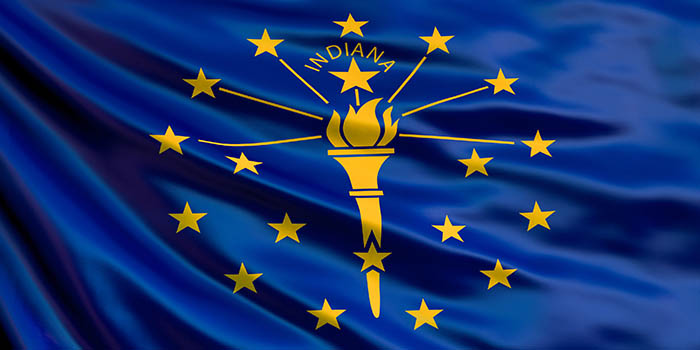- Casino
- By State
- Alabama
- Alaska
- Arizona
- Arkansas
- California
- Colorado
- Connecticut
- Delaware
- Georgia
- Florida
- Hawaii
- Idaho
- Illinois
- Indiana
- Iowa
- Kansas
- Kentucky
- Louisiana
- Maine
- Massachusetts
- Maryland
- Michigan
- Minnesota
- Mississippi
- Missouri
- Montana
- Nebraska
- Nevada
- New Hampshire
- New Jersey
- New Mexico
- New York
- North Carolina
- North Dakota
- Ohio
- Oklahoma
- Oregon
- Pennsylvania
- Rhode Island
- South Carolina
- South Dakota
- Tennessee
- Texas
- Utah
- Vermont
- Virginia
- Washington
- West Virginia
- Wisconsin
- Wyoming
- By State
- Slots
- Poker
- Sports
- Esports
German Regulator Wants Stricter Rules for Loot Boxes
Germany’s Joint Gambling Authority of the States has required stricter regulations for loot boxes in video games as a protection measure against problem gambling

Last September, we announced that Germany was taking into consideration a series of strict regulations regarding the use of loot boxes in video games.
Now, the German gambling regulator Gemeinsamen Glücksspielbehörde der Länder (GGL), also referred to as the Joint Gambling Authority of the States in English, has asked the federal states to thoroughly review the usage of these game mechanics.
The request is part of the regulator’s endeavor to reform the country’s legal framework and ban children from getting access to gambling.
More Than Simple Classification Is Required
The GGL explained that the mere classification of loot boxes as a form of gambling is not efficient enough to protect children and young adults, since it is part of the issue.
Looting boxes are mostly encountered in video games which can be aimed at children. They enable players to buy in-game extras that enhance the overall experience within the game.
The randomized items in the loot boxes can be purchased in exchange for real money and in-game funds.
Accordingly, many voices from all parts of the world have started to express concern regarding the risk of problem gambling.
In February, in its attempt to decide what more can be done besides officially classifying loot boxes as gambling, the GGL organized an expert workshop on the topic.
The workshop was led by Martin Maties, a Professor at the University of Augsburg and also head of the research center for esports law. Maties was joined by his colleague Dr Lennart Brüggemann.
The regulator was pleased with the “solid basis” for making additional decisions that the workshop provided while confirming more similar sessions will be held in collaboration with the federal states.
GGL Asks for Intense Examinations
At the same time, the GGL has also required German authorities to attentively and “intensively” assess all gaming products and try to “counteract the potential addiction risks” that are connected to loot boxes for vulnerable groups that are “particularly worthy of protection.”
The regulator also added that everyone’s goal was to obtain the “effective regulation of loot boxes to protect children and young people.”
In 2022, a study published in Addiction Research & Theory examined a sample of over 1,600 Canadians looking for tangible links between players who buy loot boxes and gamblers.
The findings of the research said that people who spend money on loot boxes are twice as likely to participate in gambling.
Related Topics:
After finishing her master's in publishing and writing, Melanie began her career as an online editor for a large gaming blog and has now transitioned over towards the iGaming industry. She helps to ensure that our news pieces are written to the highest standard possible under the guidance of senior management.
Must Read
Industry
April 15, 2025
Brazil Weighs Stricter Rules on Gambling Advertising
More Articles






Esports
April 18, 2025
FIFA Blamed for Increase in Underage Gambling in UK

Industry
April 15, 2025
Indiana Bill Seeking to End Lottery Couriers Advances

Industry
April 11, 2025
Singapore Renews Marina Bay Sands’ Casino License

Industry
April 11, 2025
European Commission Says Belgium Did Not Favor Ladbrokes

Industry
April 11, 2025
Online Casino Legalization Fails in Two US States












